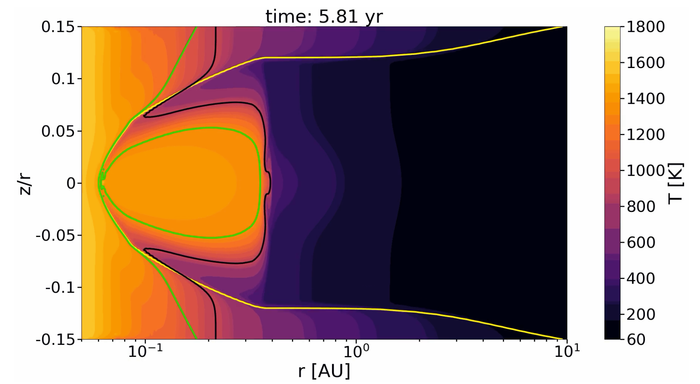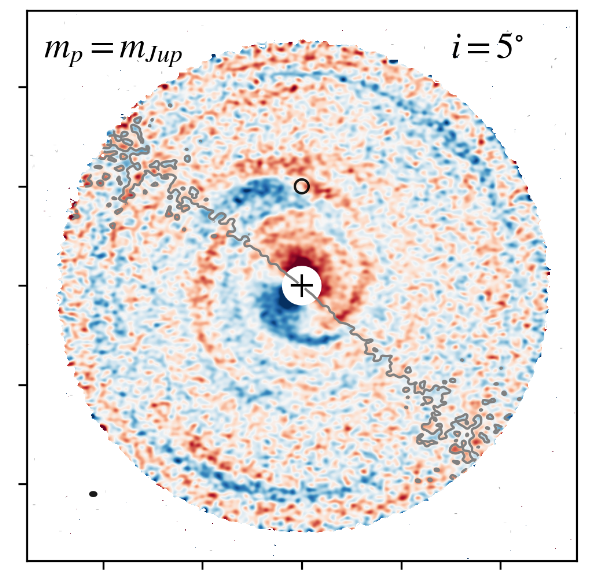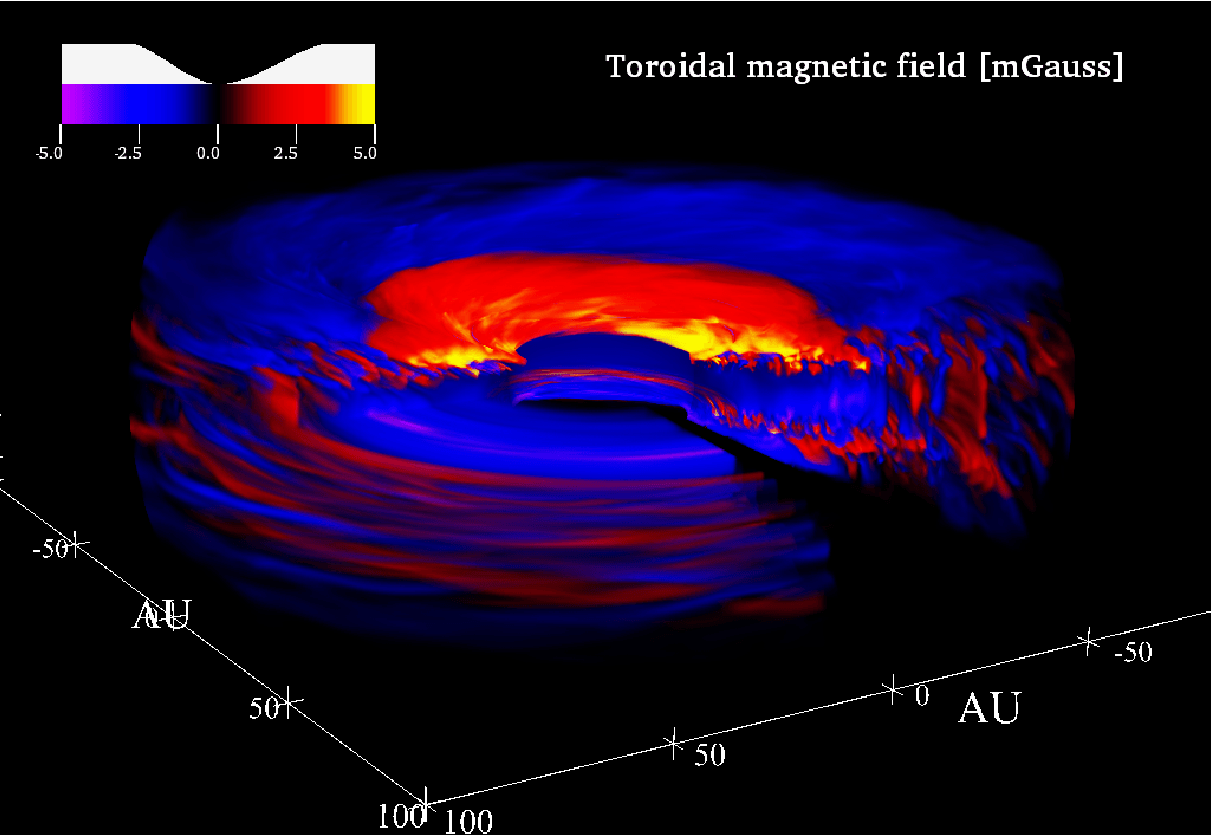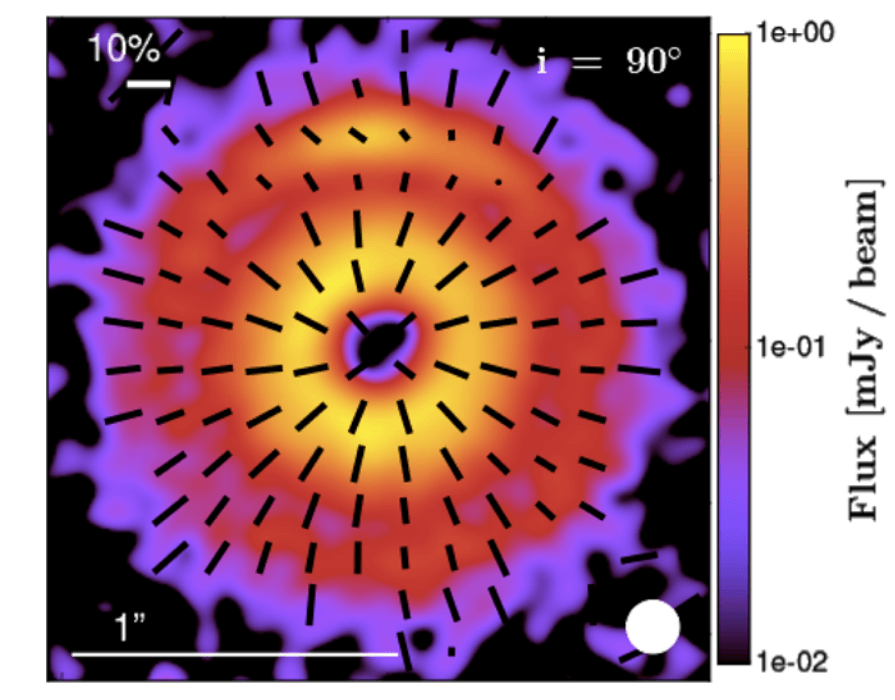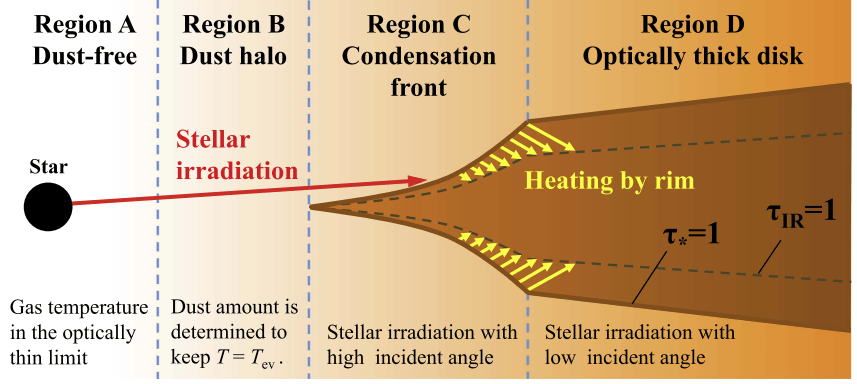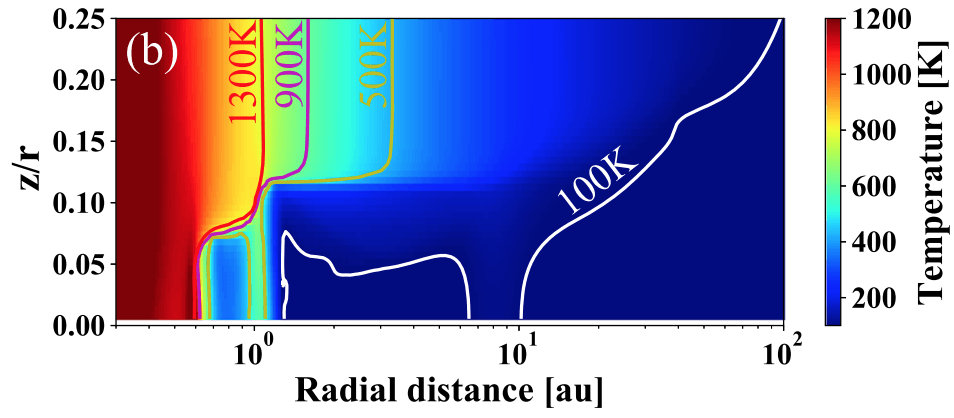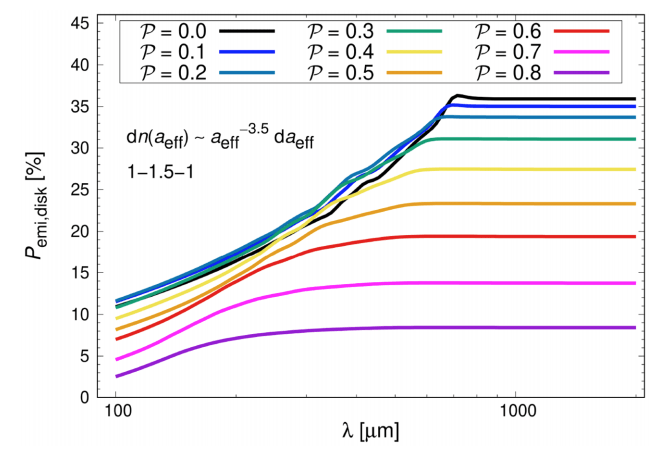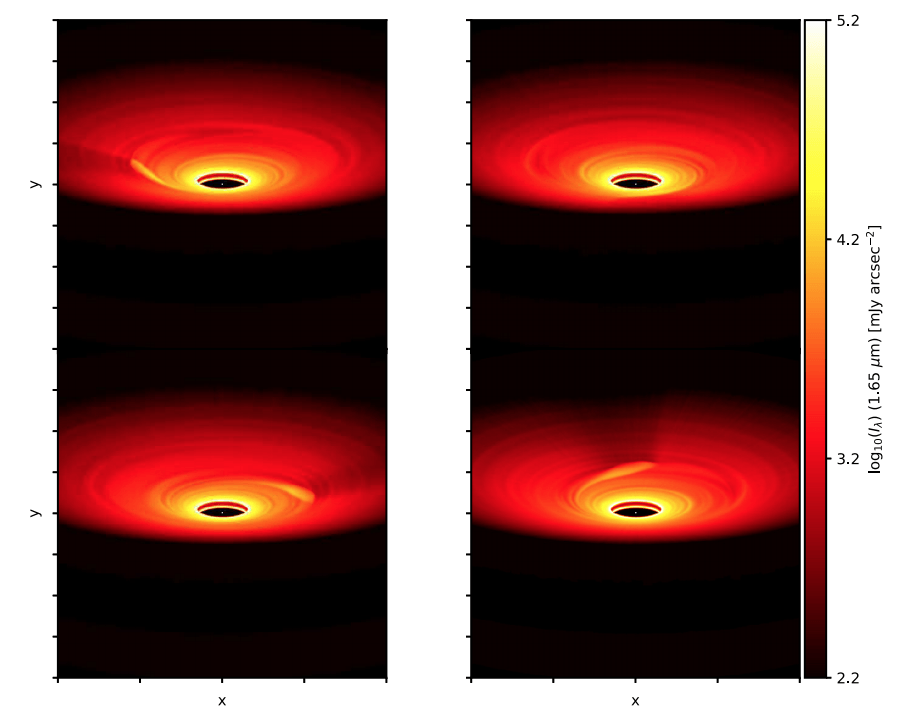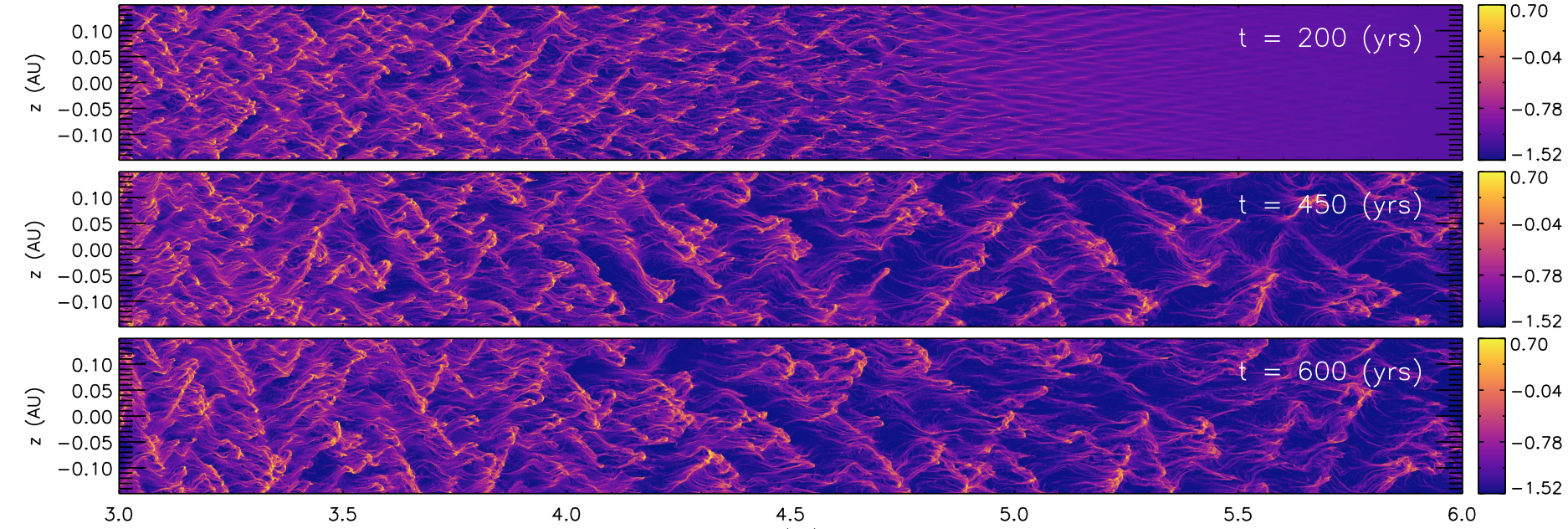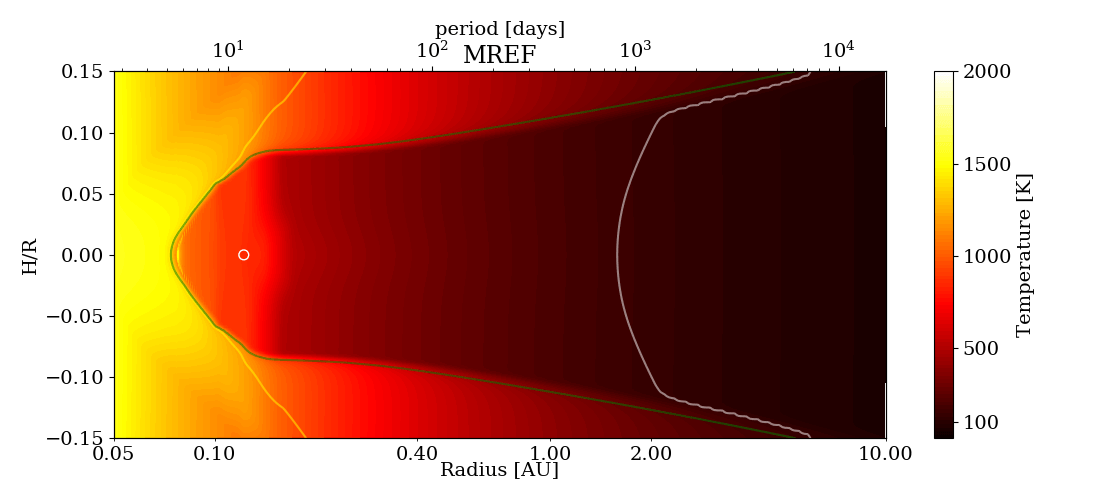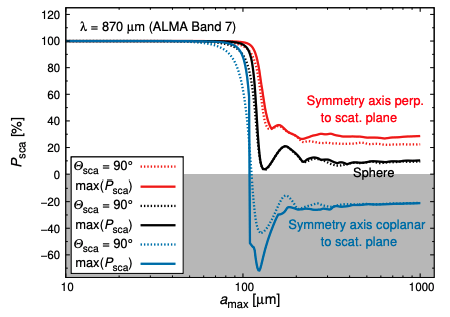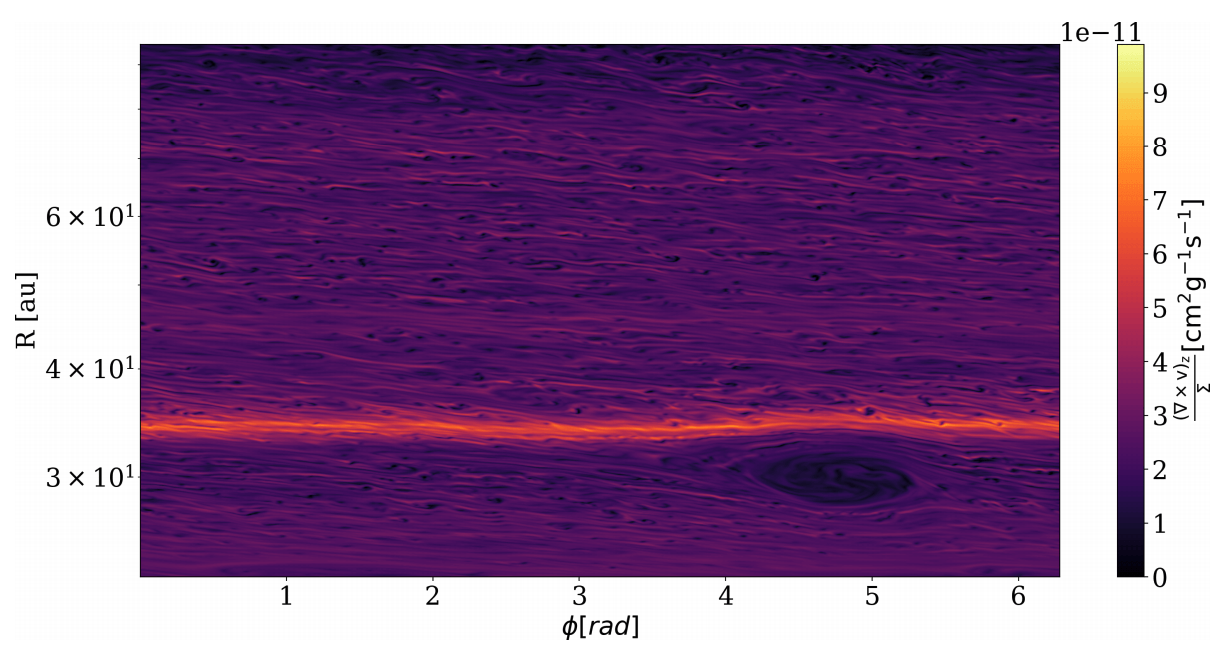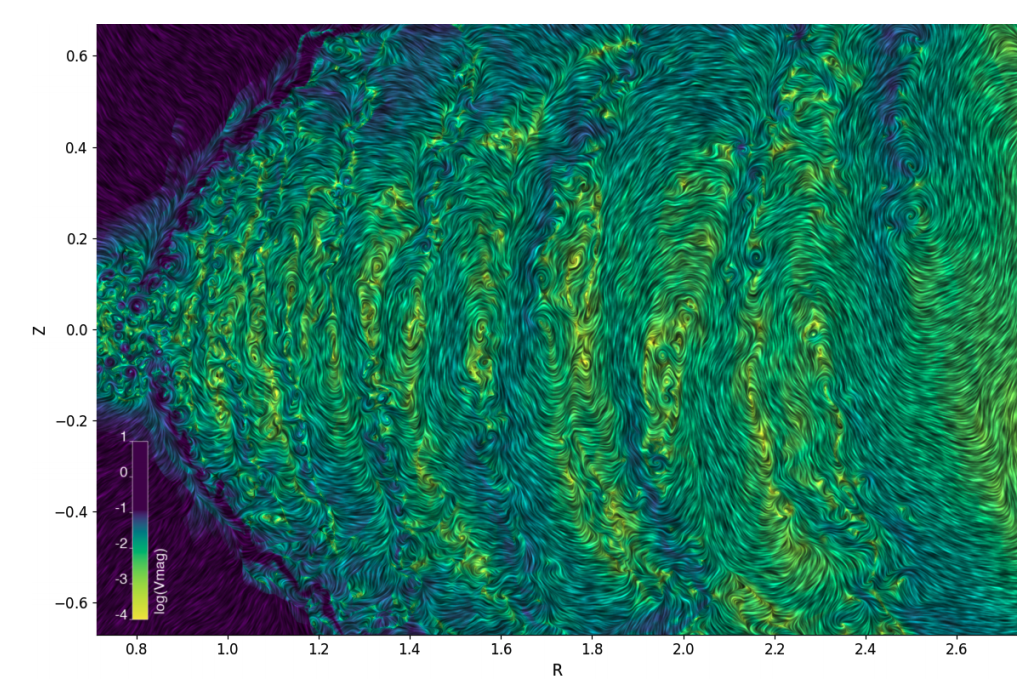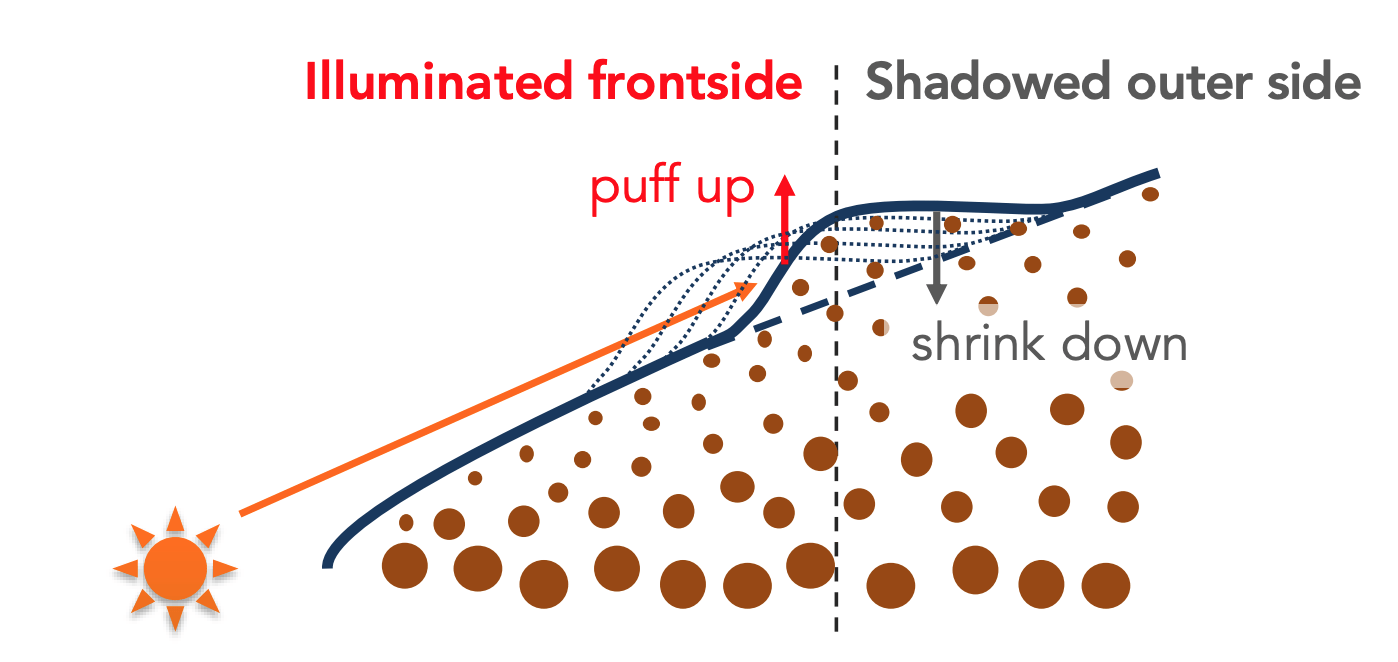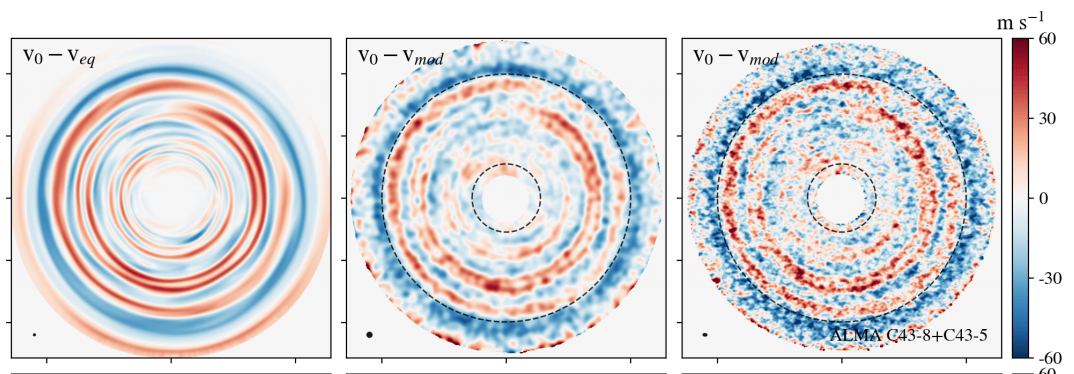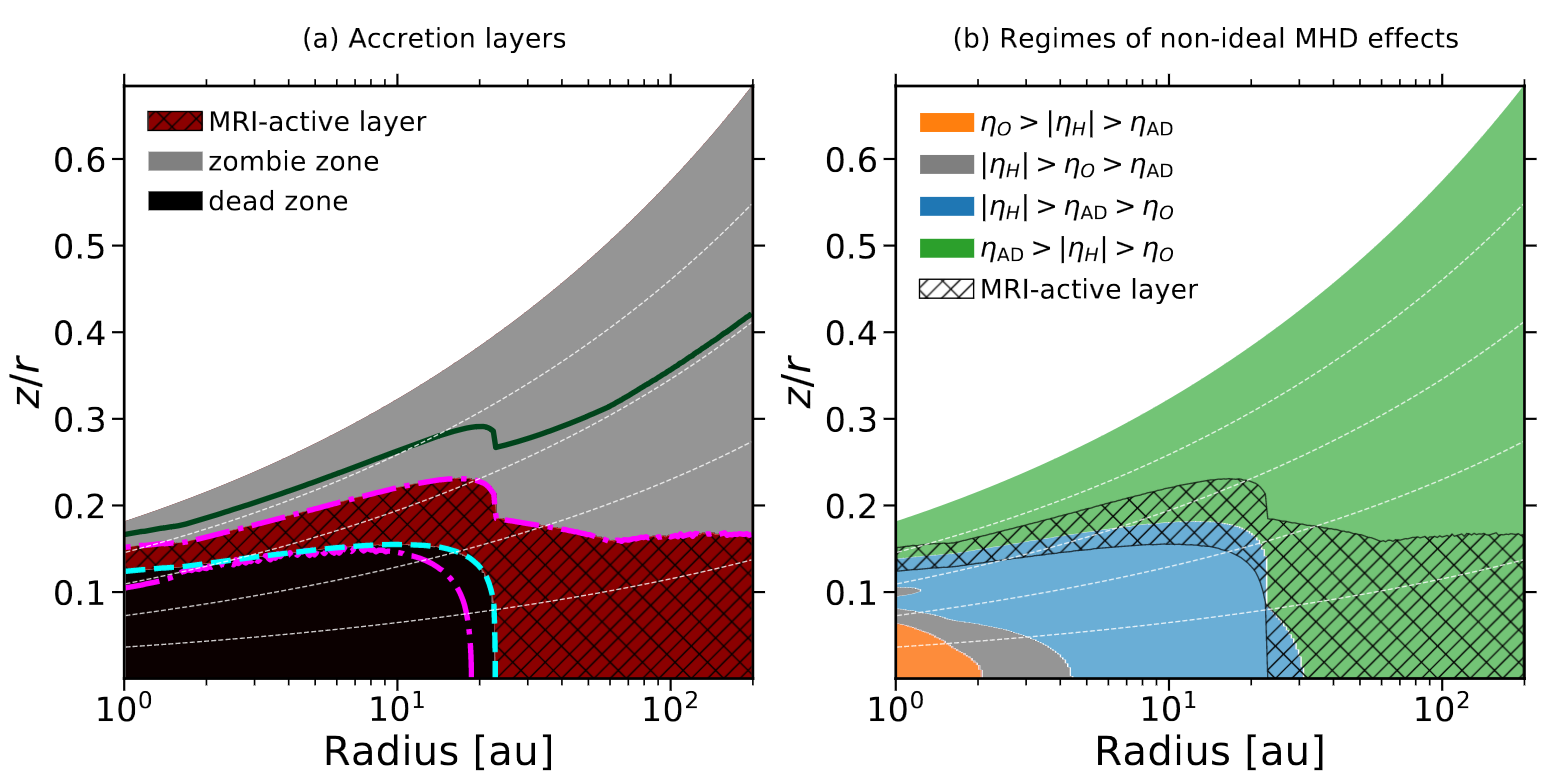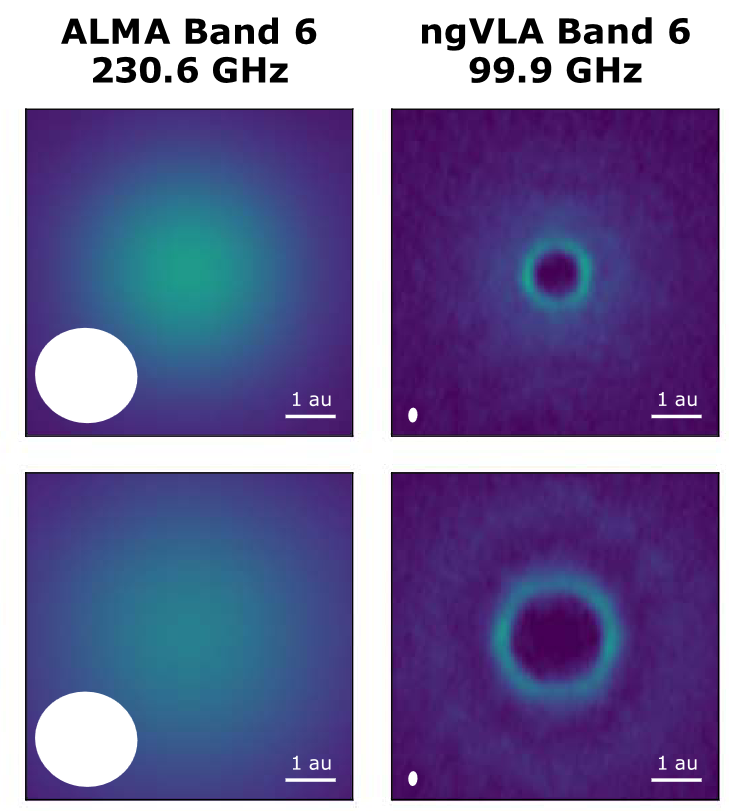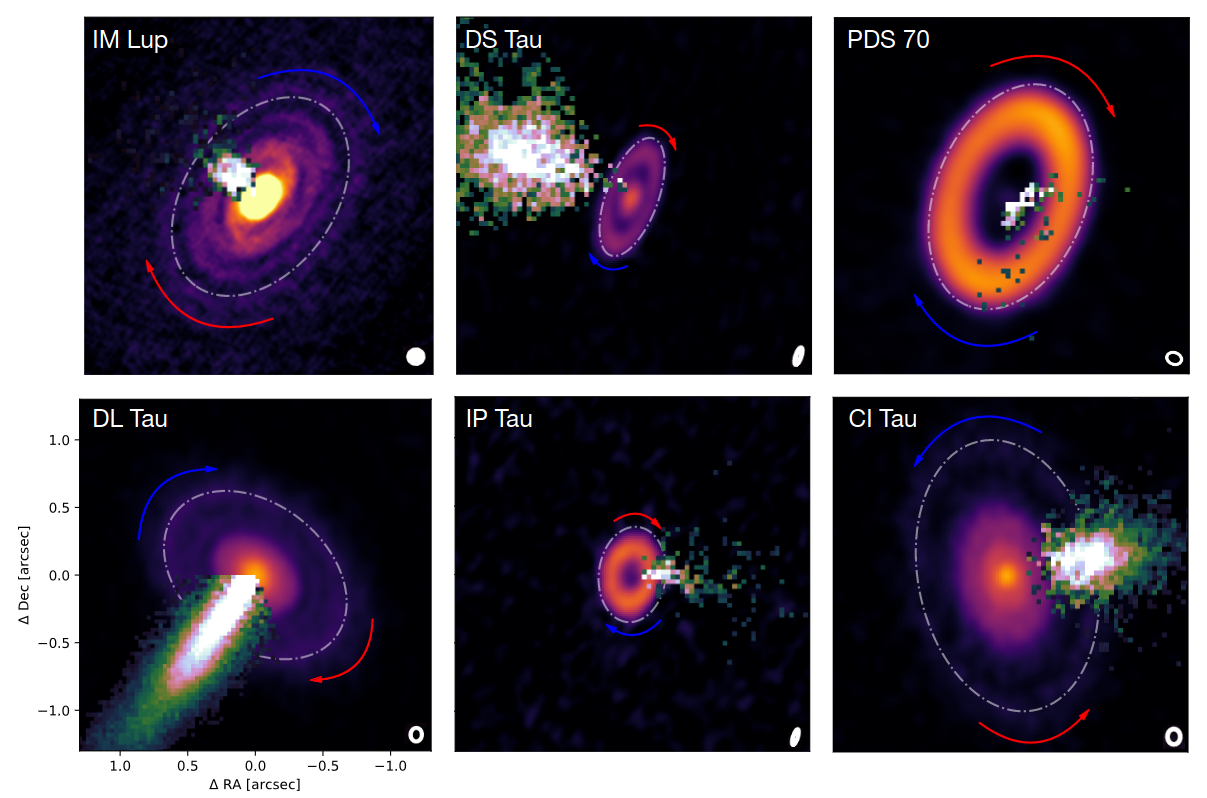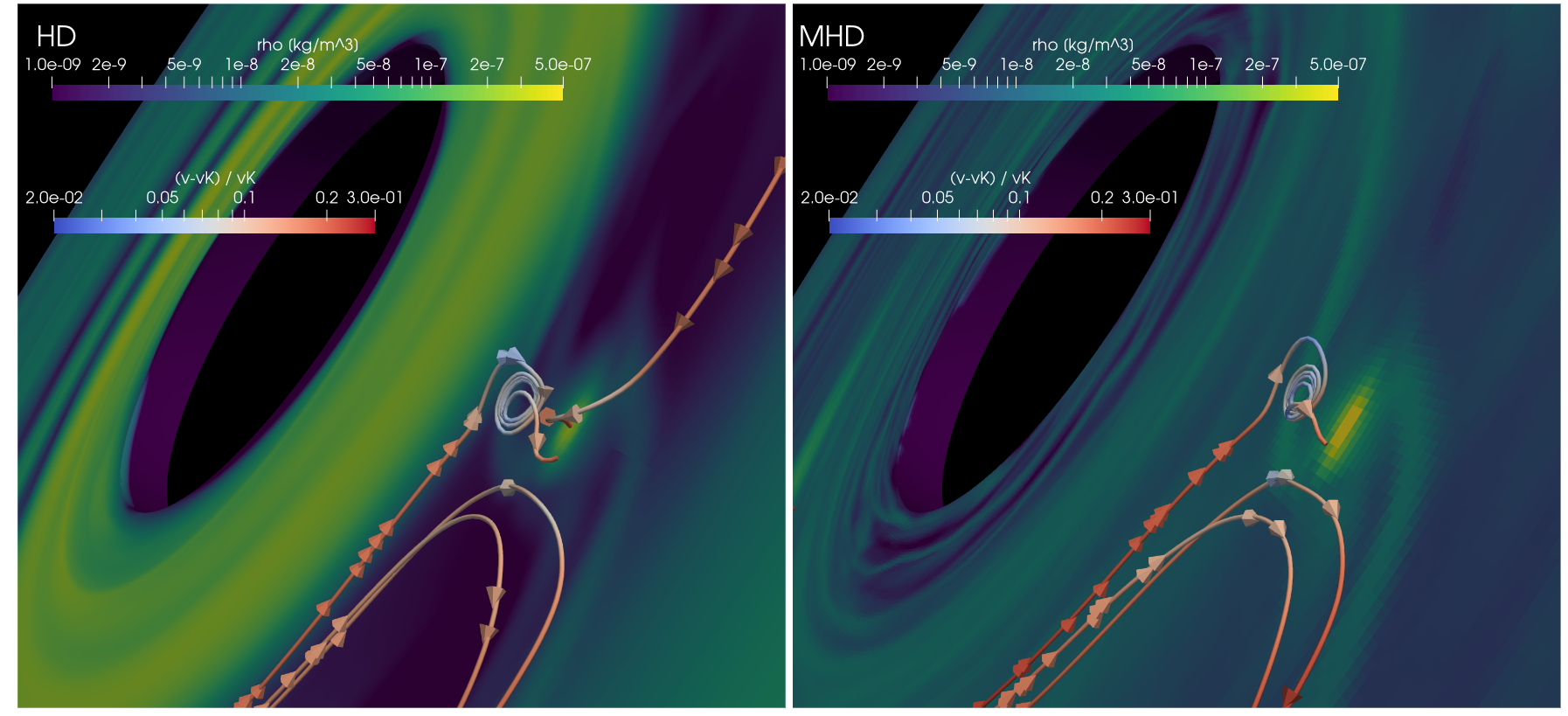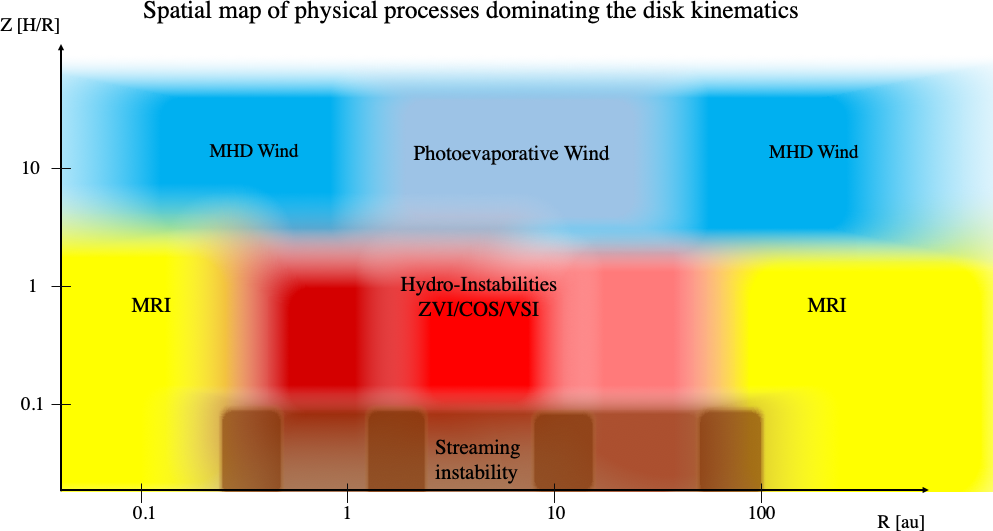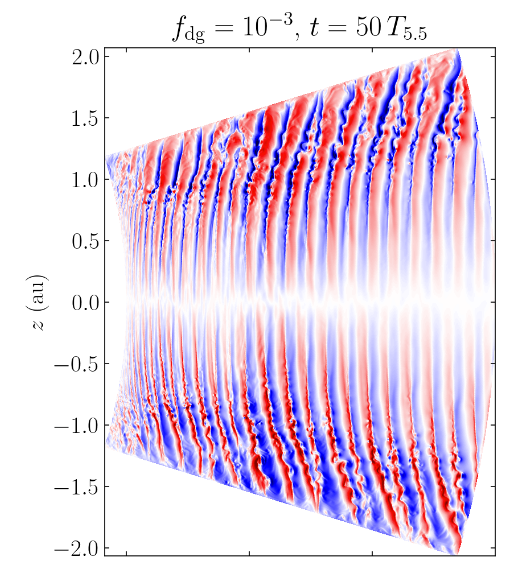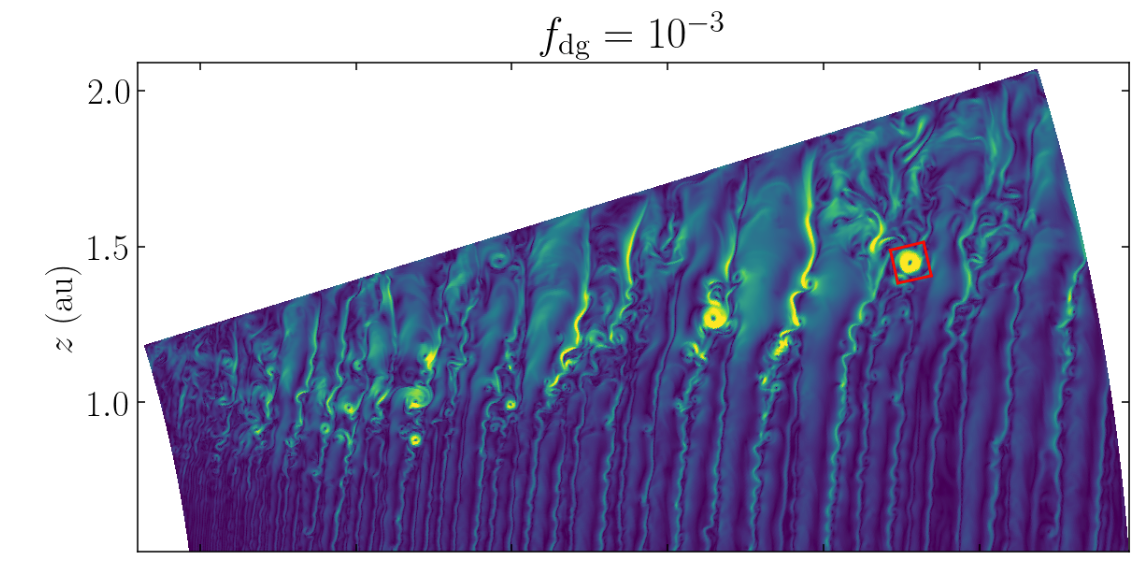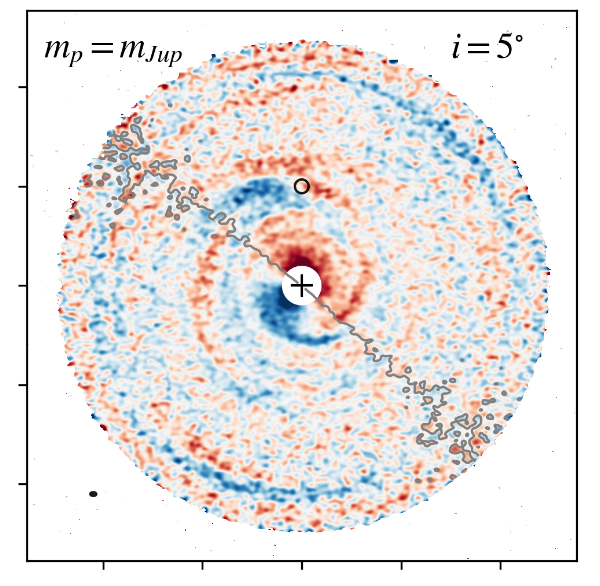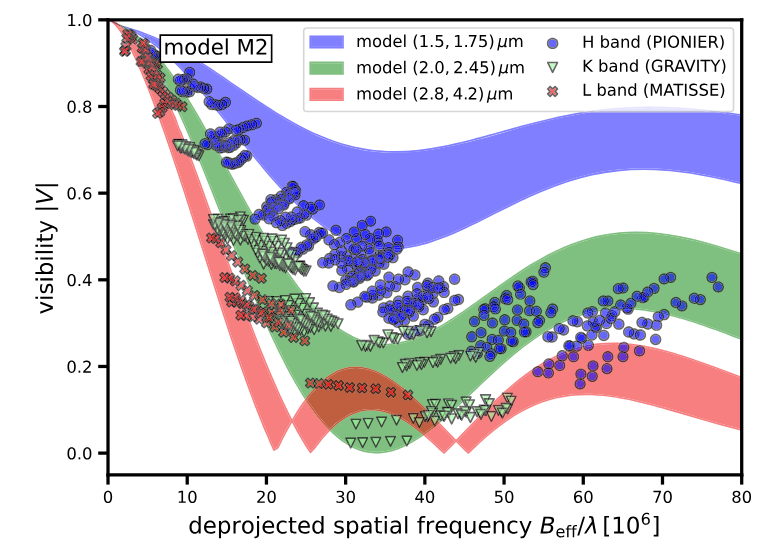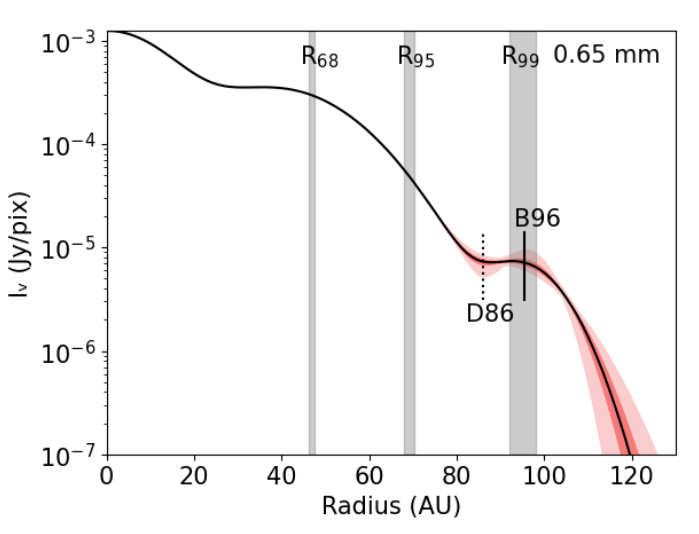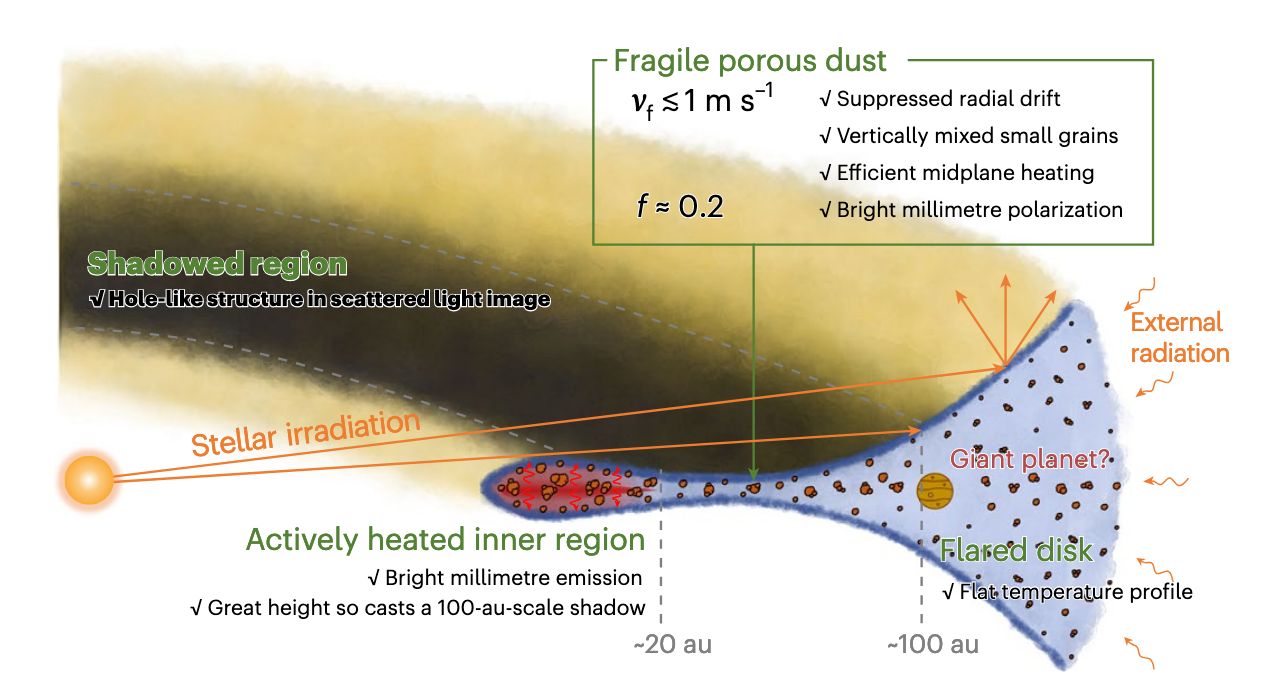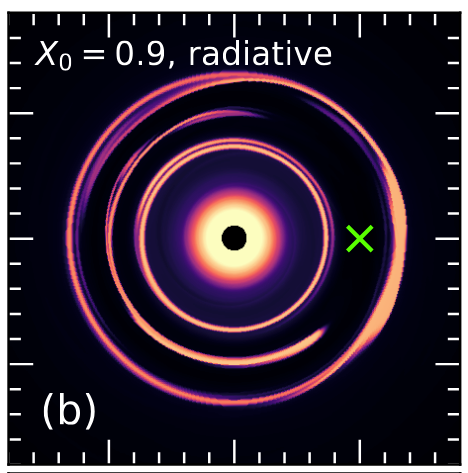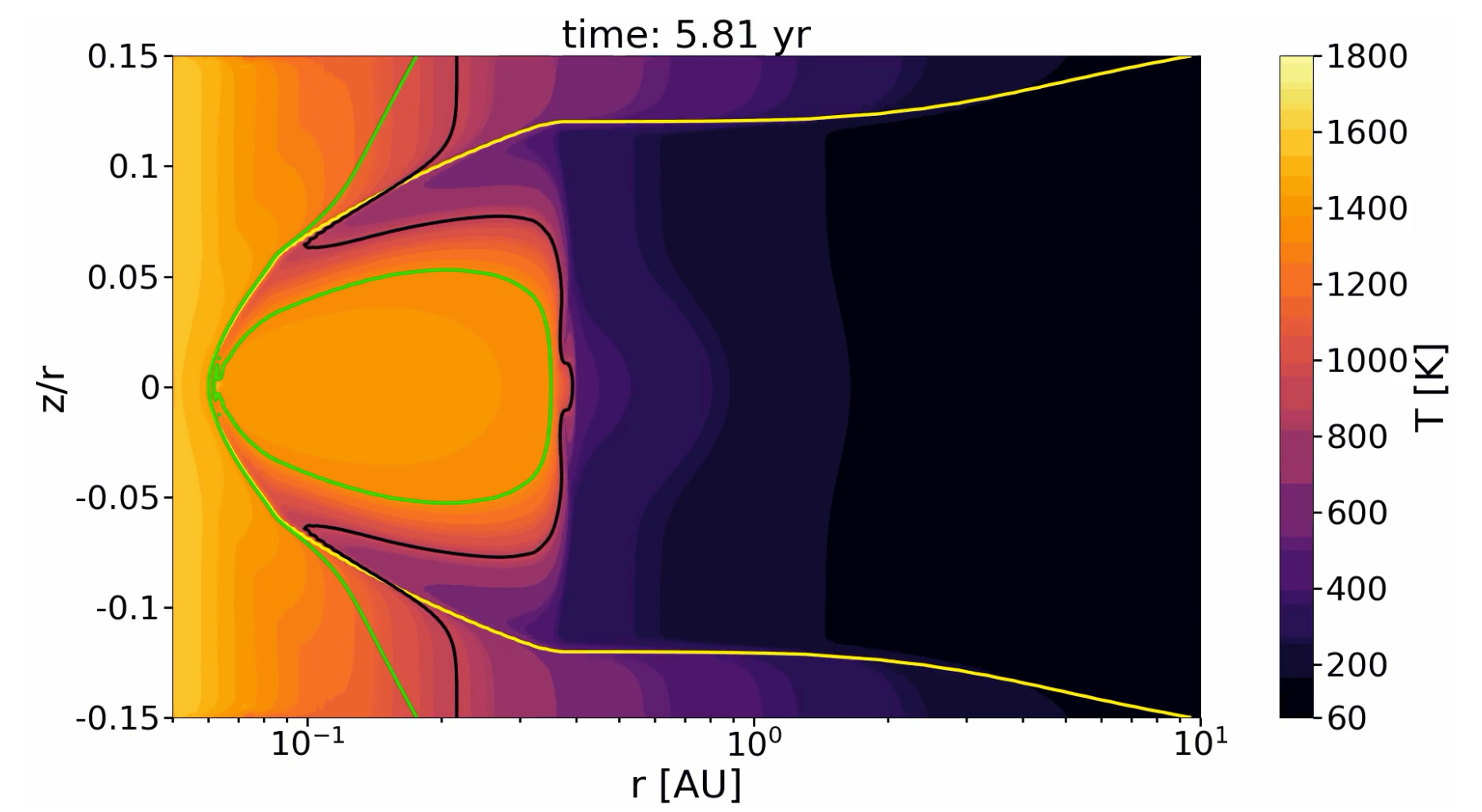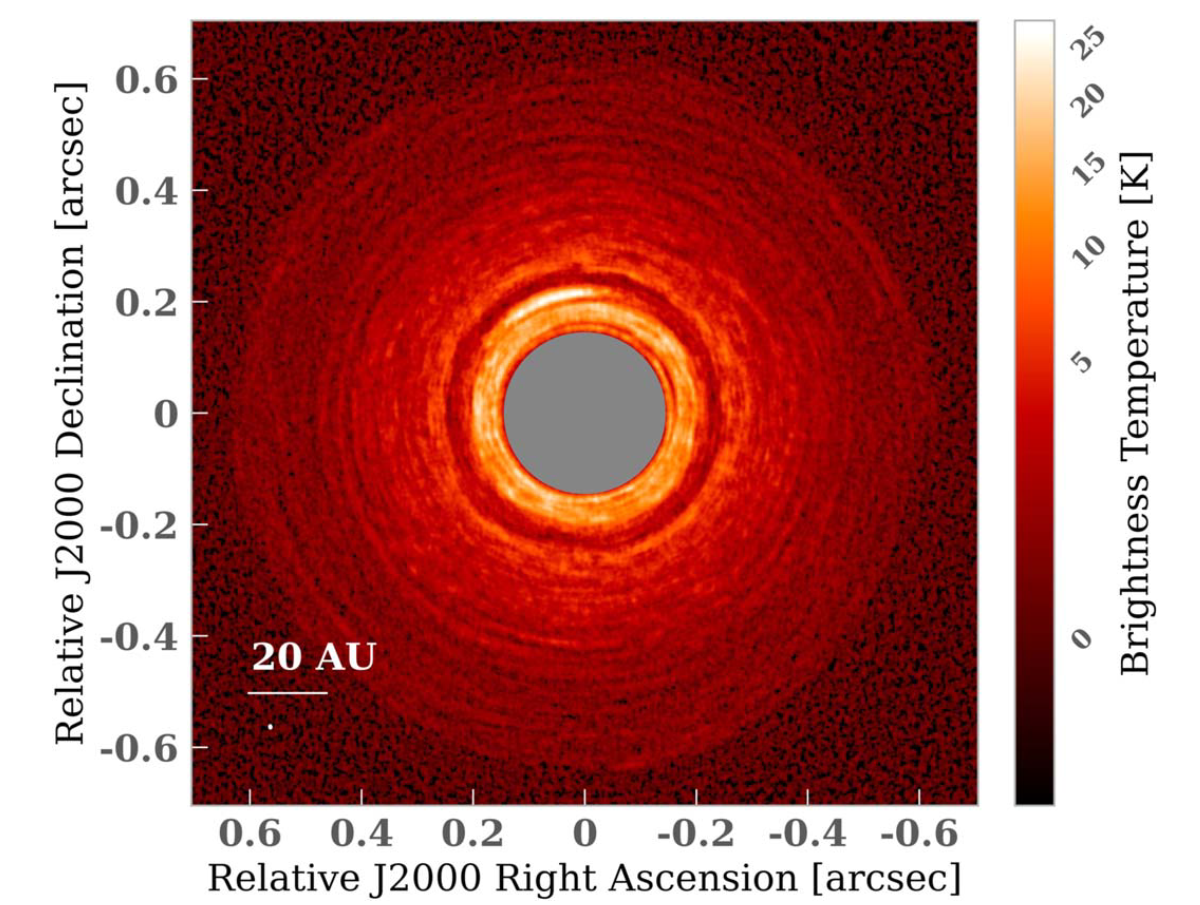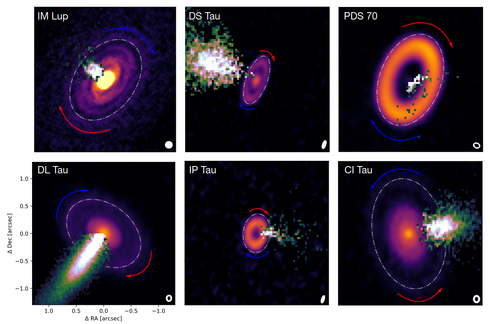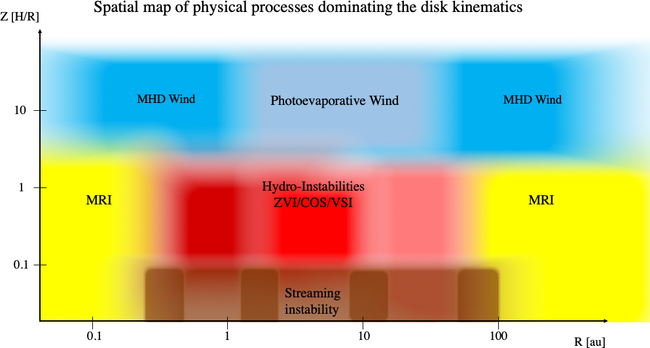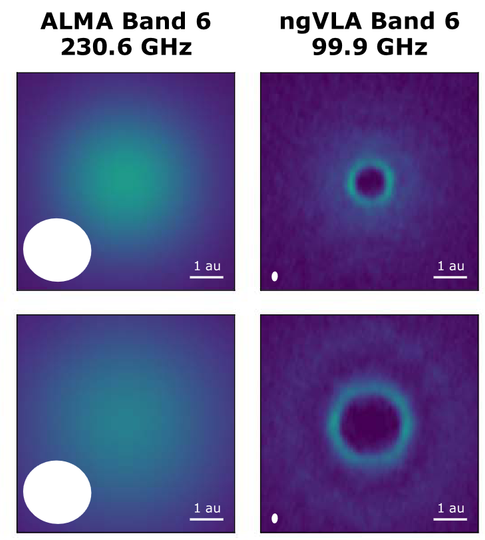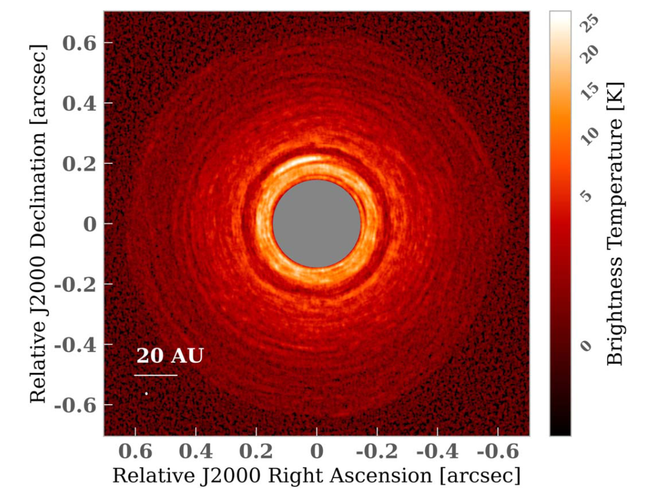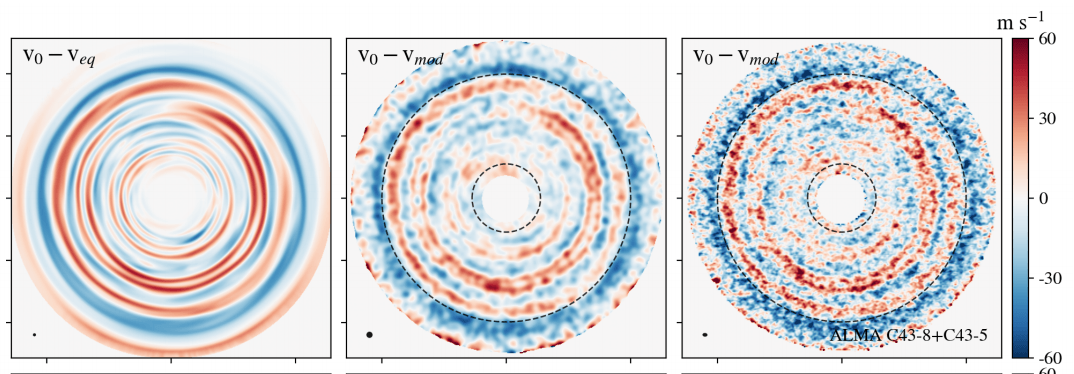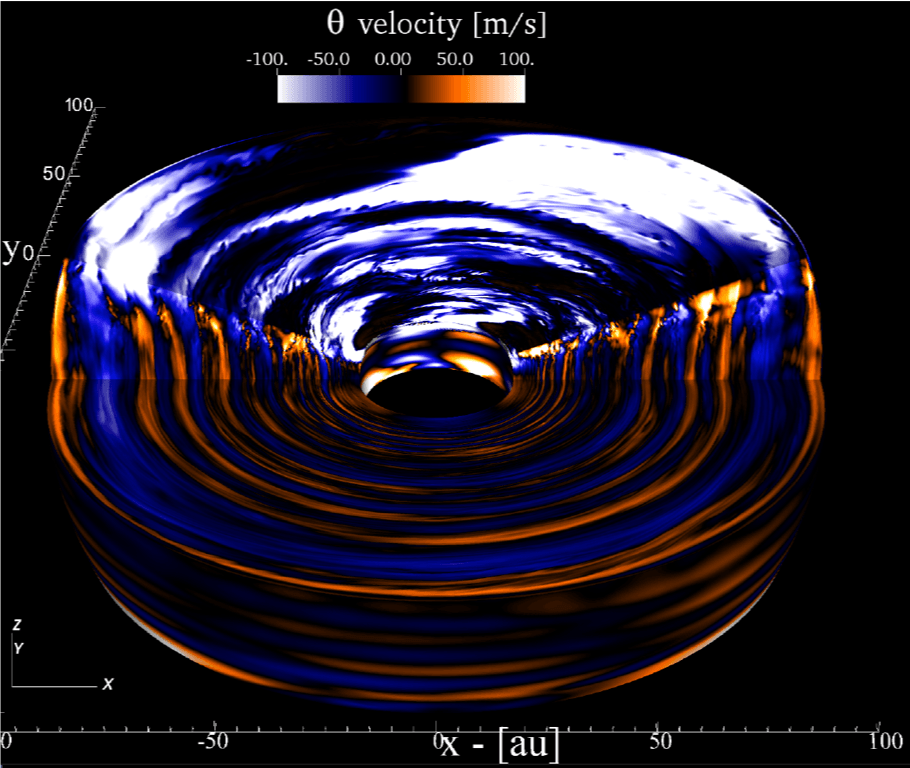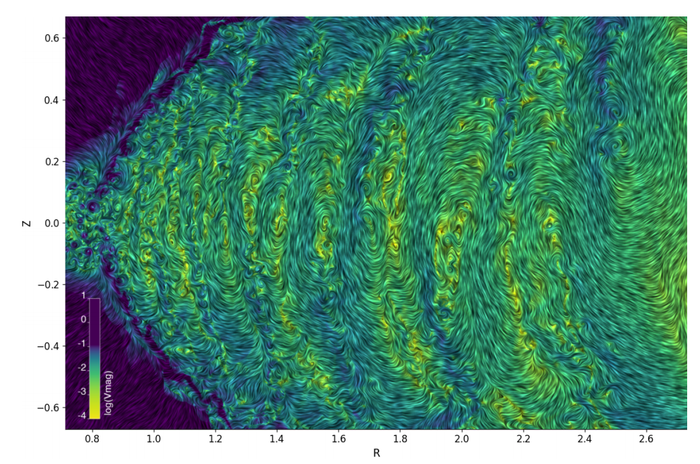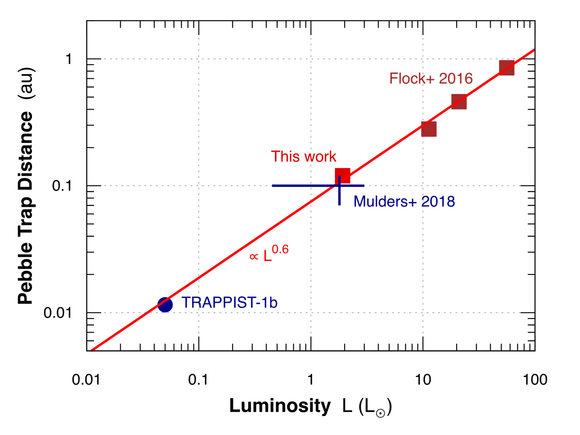UFOS Project
The project
The UFOS project is an astrophysical research project funded by the European research council.
UFOS stands for Unveiling planet Formation by Observations and Simulations. The aim of the project is to study planet formation by combining state-of-the-art numerical simulations and high-resolution, multi-wavelength observations.
Recent News
- New paper on accretion bursts scenario in protoplanetary disk Cecil & Flock 2024
Recent and upcoming talks
CSH/WP/Bern - invited colloquium - Feb. 2025
PFE Conf./Göttingen - contr. talk - Dec 2024
Burn in Fire Conf./Chile - contributed talk - Sep. 2024
IPAG - invited colloquium - June 2024
IASBS - Review talk -May 2024
Uni Heidelberg - Invited colloquium - Apr. 2024
IPP Greifwald
- seminar talk - Feb. 2024
Team (2024)
Planet formation in scientists hands
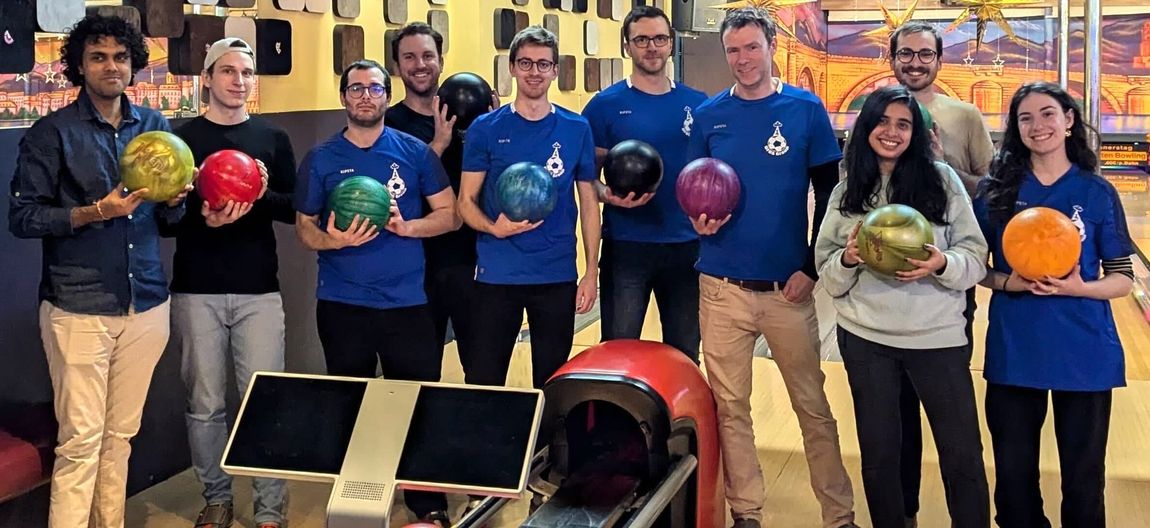
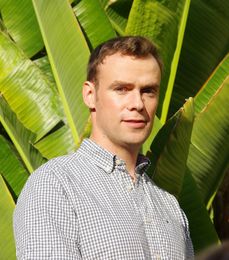
Mario Flock
Group leader
Expertise:
Fluid Dynamics
Magneto-hydrodynamic
Finite Volume Methods
3D global simulations
Radiation transfer
HPC computing

Postdoc
Expertise:
Radiative transfer methods (M1)
Radiative hydrodynamical simulations
gPLUTO developer

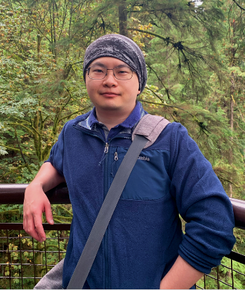
Postdoc (Feb. 2025)
Expertise:
dust-gas simulations of planet disk simulations
synthetic observations
FARGO3D

PhD candidate
Expertise:
Self-gravity simulations
Cooling in CBDs
Thermal instability
Fluid dust method
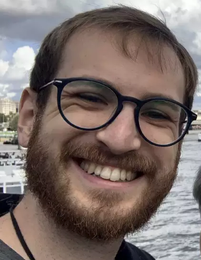
PhD candidate
Expertise:
streaming instability
dust-gas feedback simulations
Fluid and particle methods
Expertise:dust-gas interaction models
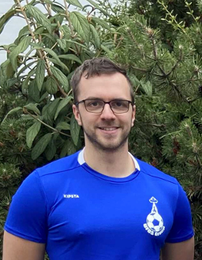

PhD candidate
Expertise:
MHD Models
Polarization observations
Magnetic driven wind
MHD models
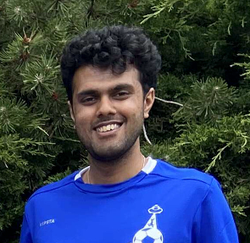
Pundarikaksha Kavipurapu
Master Student
Expertise:
VSI + dust models
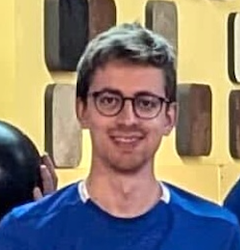
Johannes
Johannes Bahrenberg
Master Student
Expertise:
Hall MHD Models

Paul Rosendahl
Research assistant
Expertise:
Tree code, self-gravity module
dust particle method
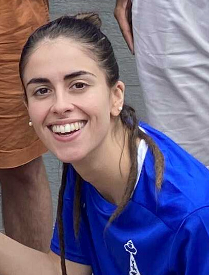
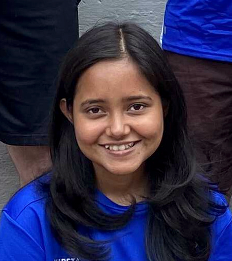
PhD candidate/LMU
Longterm Visitor
Expertise:
ALMA observations/ TW Hya/ CASA/ Disk models
ALMA observations/ TW Hya/ CASA/ Disk models
dust-gas interaction models
Former group members
Neuer Text
- Dr. Gesa H.M. Bertrang - Senior Consultant CGI space
- Dr. Marcelo Barraza - PostDoc at MIT in Boston USA
- Dr. Lizxandra Flores - PostDoc at Uni. Copenhagen Denmark
- Dr Takahiro Ueda - Harvard CfA/ NAOJ fellow
- Alicia Trabold - Uni Heidelberg
Selected publications
Highlights
2019
Planet formation and migration at the inner dust rim in protoplanetary disks.
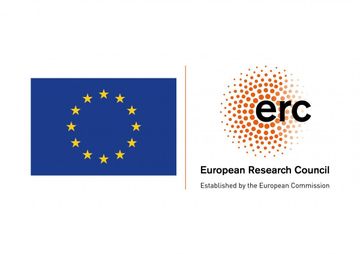
This project has received funding from the European Research Council (ERC) under the European Union's Horizon 2020 research and innovation programme (grant agreement n° 757957).
Contact
